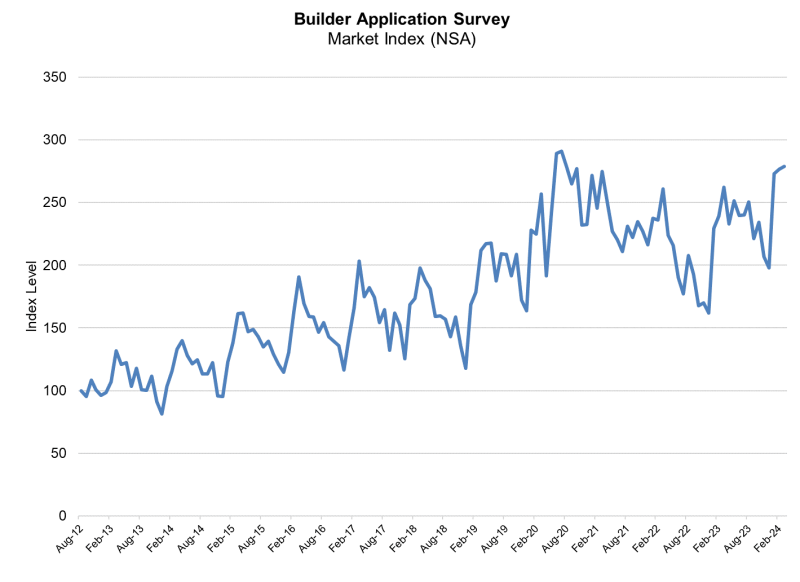Advertisement
Ponzi scheme and mortgage fraud mastermind sentenced in San Francisco

Patricia Morgen, the founder and head of Chicago Development and Planning was sentence to 15 years and eight months in prison, and ordered to pay more than $9 million in restitution for wire fraud, mail fraud, and money laundering, U.S. Attorney Joseph P. Russoniello announced. According to the plea agreement, she admitted creating a scheme to solicit investors for a company called Chicago Development and Planning, with the promise of substantial guaranteed return profit payments. Morgen falsely promised investors that their funds would be used to purchase real property to be rented or resold for profit, and that their guaranteed returns would come from profits earned on the real estate investments. In fact, Morgen paid investors largely with money obtained from new investors, rather than from real estate-related profits. Morgen admitted that there were more than 400 victims of this Ponzi scheme. Morgen pleaded guilty on Dec. 16, 2009.
“Patricia Morgen intentionally preyed on unsuspecting victims in order to obtain money she wasn’t entitled to,” said U.S. Attorney Russoniello. “This sentence demonstrates the legal consequences perpetrators of these schemes will face when they are caught—and they will be caught.”
In another scheme, Morgen and a co-defendant submitted fraudulent loan applications to acquire more than 20 properties, most of which were occupied, rent-free, by Chicago Development and Planning employees, including Morgen herself. The fraudulent loan applications included lies as to the borrowers’ employment and income. Morgen’s co-defendant in the mortgage fraud scheme pleaded guilty in January 2010.
Morgen, most recently of Chicago, was indicted by a federal grand jury on Nov. 20, 2008. She fled to Mexico when she learned that federal authorities were investigating Chicago Development and Planning. After spending several months in Mexico, Morgen returned to the United States, but made continued efforts to avoid law enforcement: She did not have a valid driver’s license in her name, did not have a phone in her name, and she cut off contact with family members whose whereabouts were known to federal investigators. Morgen was apprehended in Chicago in June 2009, while threatening to jump from the top of a multi-story building. Morgen’s son, Shalom Gibson, has been indicted in Reno, Nev., in connection with his efforts to shred and burn documents relating to Chicago Development and Planning; his whereabouts remain unknown.
In sentencing Morgen, U.S. District Judge Charles R. Breyer commented on the devastation suffered by the unsophisticated victims, noting that Morgen victimized “people who by and large could least afford it,” and that she “ruined people’s lives.” Judge Breyer further stated his belief that a “severe punishment” was warranted because Morgen was “still a very dangerous person” who posed a substantial risk to society.
“We are pleased by the resolution of this matter,” said FBI Special Agent in Charge Stephanie Douglas. “Ms. Morgen betrayed the trust of hundreds of investors, injected bad debt into the economy, and fled the country when faced with the prospect of being held accountable for her actions. The sentence she received today underscores the severity and impact of this sort of crime on our entire community.”
“Today’s sentence sends a clear message to those committing investment fraud: Your greed will not go undetected and unpunished,” said Scott O’Briant, Special Agent in Charge, IRS-Criminal Investigation. “IRS-CI will continue to use all the tools at its disposal to investigate these types of schemes.”
The sentence was handed down by U.S. District Court Judge Breyer following a guilty plea to two counts of mail fraud, two counts of wire fraud in violation, and one count of money laundering in violation. Judge Breyer also sentenced the defendant to a five-year period of supervised release. The defendant has been in custody since June 2009T
Tracie L. Brown and Jeffrey R. Finigan are the Assistant U.S. Attorneys who are prosecuting the case with the assistance of Rayneisha Booth. The prosecution is the result of an investigation by the Securities and Exchange Commission, the Internal Revenue Service - Criminal Investigation, and the Federal Bureau of Investigation.
This case is part of President Barack Obama’s Financial Fraud Enforcement Task Force (FFETF). President Obama established the interagency FFETF to wage an aggressive, coordinated, and proactive effort to investigate and prosecute financial crimes. The task force includes representatives from a broad range of federal agencies, regulatory authorities, inspectors general, and state and local law enforcement who, working together, bring to bear a powerful array of criminal and civil enforcement resources. The task force is working to improve efforts across the federal executive branch, and with state and local partners, to investigate and prosecute significant financial crimes, ensure just and effective punishment for those who perpetrate financial crimes, combat discrimination in the lending and financial markets and recover proceeds for victims of financial crimes.
For more information, visit www.usdoj.gov.
About the author





